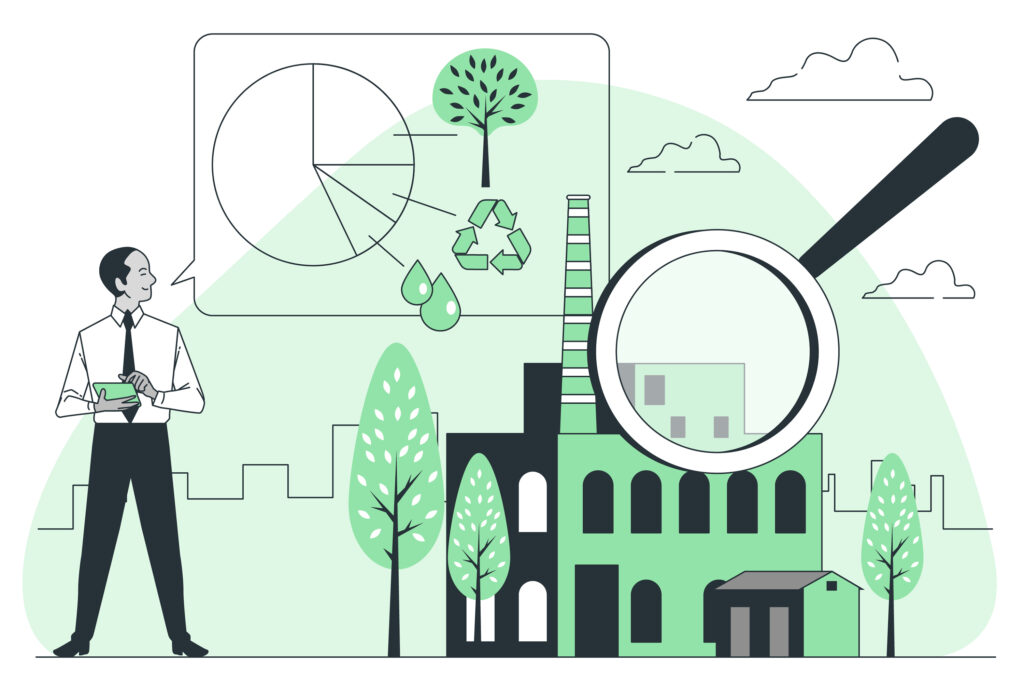The EU Anti-SLAPP Directive provides protection for human rights defenders against abusive litigation designed to silence public participation
Author Archives: Farid Baddache
Navigating the complex intersection of defense investments and ESG principles balancing security needs and responsible investing
Explore how organizations can strategically respond to meet TCFD (IFRS-ISSB), TNFD, and TISFD frameworks while creating business value.
Navigate ESG ratings strategically with Ksapa’s analysis of the OECD report and optimize your sustainability approach
Discover how combining AI with strategic expertise transforms ESG reporting from compliance exercise to business value driver in today’s regulatory landscape.
Balancing technology with human solutions for effective supply chain transparency and traceability beyond tier 1 suppliers
Discover how proper valuation of ESG factors can protect investments and enhance returns across your asset’s lifecycle.
Discover how Sutti’s EU-Indonesia trade model creates sustainable supply chains, generating €25 local value per €1 invested over 10 years
Transform trade volatility into opportunity with resilient supply chains that address both tariff pressures and sustainability challenges
Navigate CSRD’s Omnibus package changes with Ksapa’s expertise in materiality, compliance and sustainability strategy implementation








